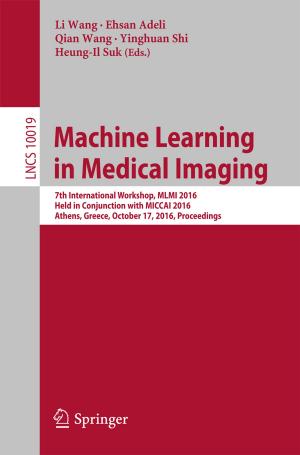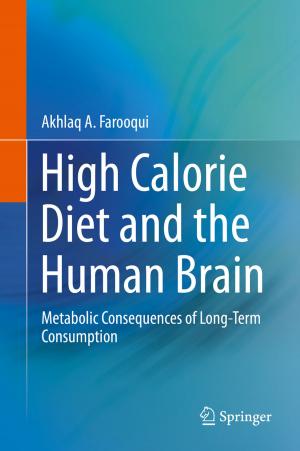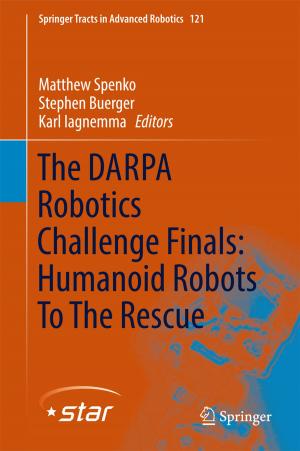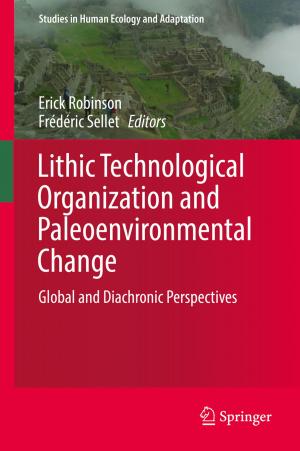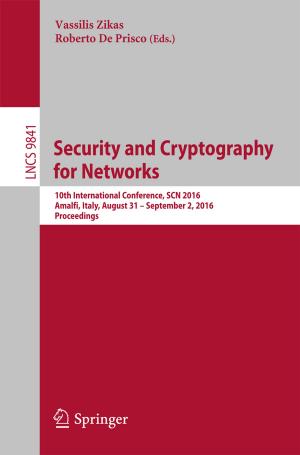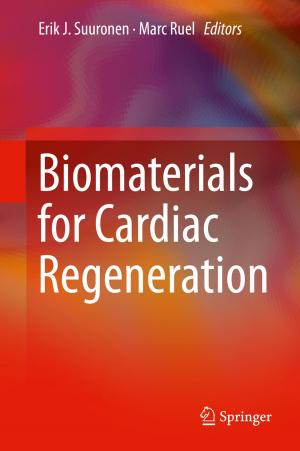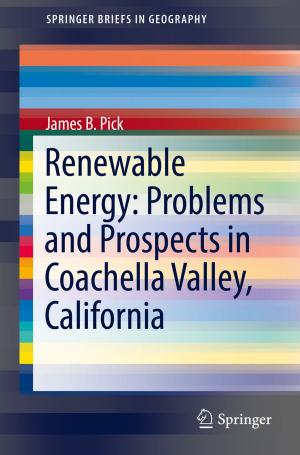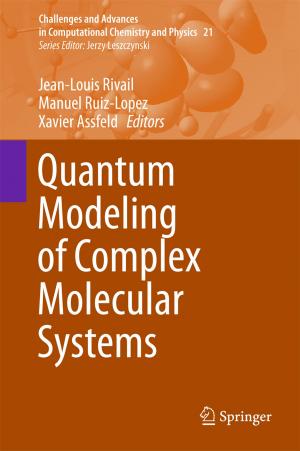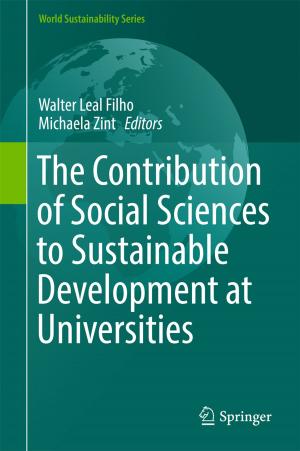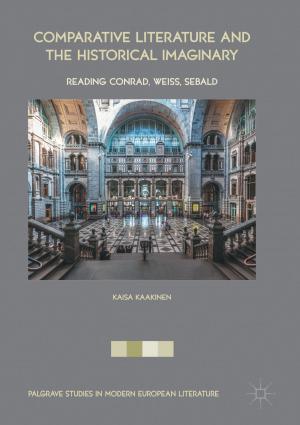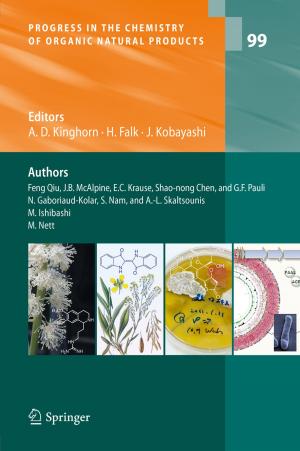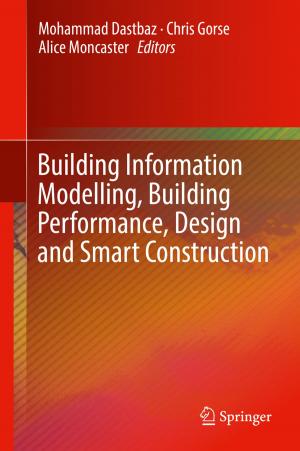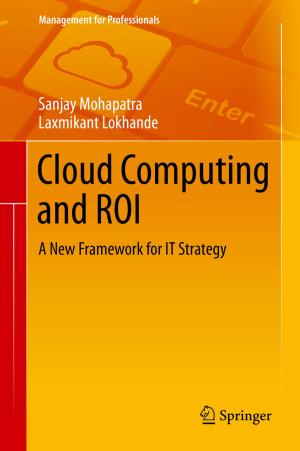Resurrecting Extinct Species
Ethics and Authenticity
Nonfiction, Religion & Spirituality, Philosophy, Reference, Ethics & Moral Philosophy| Author: | Patrick Michael Whittle, Douglas Ian Campbell | ISBN: | 9783319695785 |
| Publisher: | Springer International Publishing | Publication: | November 25, 2017 |
| Imprint: | Palgrave Macmillan | Language: | English |
| Author: | Patrick Michael Whittle, Douglas Ian Campbell |
| ISBN: | 9783319695785 |
| Publisher: | Springer International Publishing |
| Publication: | November 25, 2017 |
| Imprint: | Palgrave Macmillan |
| Language: | English |
This book is about the philosophy of de-extinction. To make an extinct species ‘de-extinct’ is to resurrect it by creating new organisms of the same, or similar, appearance and genetics. The book describes current attempts to resurrect three species, the aurochs, woolly mammoth and passenger pigeon. It then investigates two major philosophical questions such projects throw up. These are the Authenticity Question—‘will the products of de-extinction be authentic members of the original species?’—and the Ethical Question—‘is de-extinction something that should be done?' The book surveys and critically evaluates a raft of arguments for and against the authenticity or de-extinct organisms, and for and against the ethical legitimacy of de-extinction. It concludes, first, that authentic de-extinctions are actually possible, and second, that de-extinction can potentially be ethically legitimate, especially when deployed as part of a ‘freeze now and resurrect later’ conservation strategy.
This book is about the philosophy of de-extinction. To make an extinct species ‘de-extinct’ is to resurrect it by creating new organisms of the same, or similar, appearance and genetics. The book describes current attempts to resurrect three species, the aurochs, woolly mammoth and passenger pigeon. It then investigates two major philosophical questions such projects throw up. These are the Authenticity Question—‘will the products of de-extinction be authentic members of the original species?’—and the Ethical Question—‘is de-extinction something that should be done?' The book surveys and critically evaluates a raft of arguments for and against the authenticity or de-extinct organisms, and for and against the ethical legitimacy of de-extinction. It concludes, first, that authentic de-extinctions are actually possible, and second, that de-extinction can potentially be ethically legitimate, especially when deployed as part of a ‘freeze now and resurrect later’ conservation strategy.

